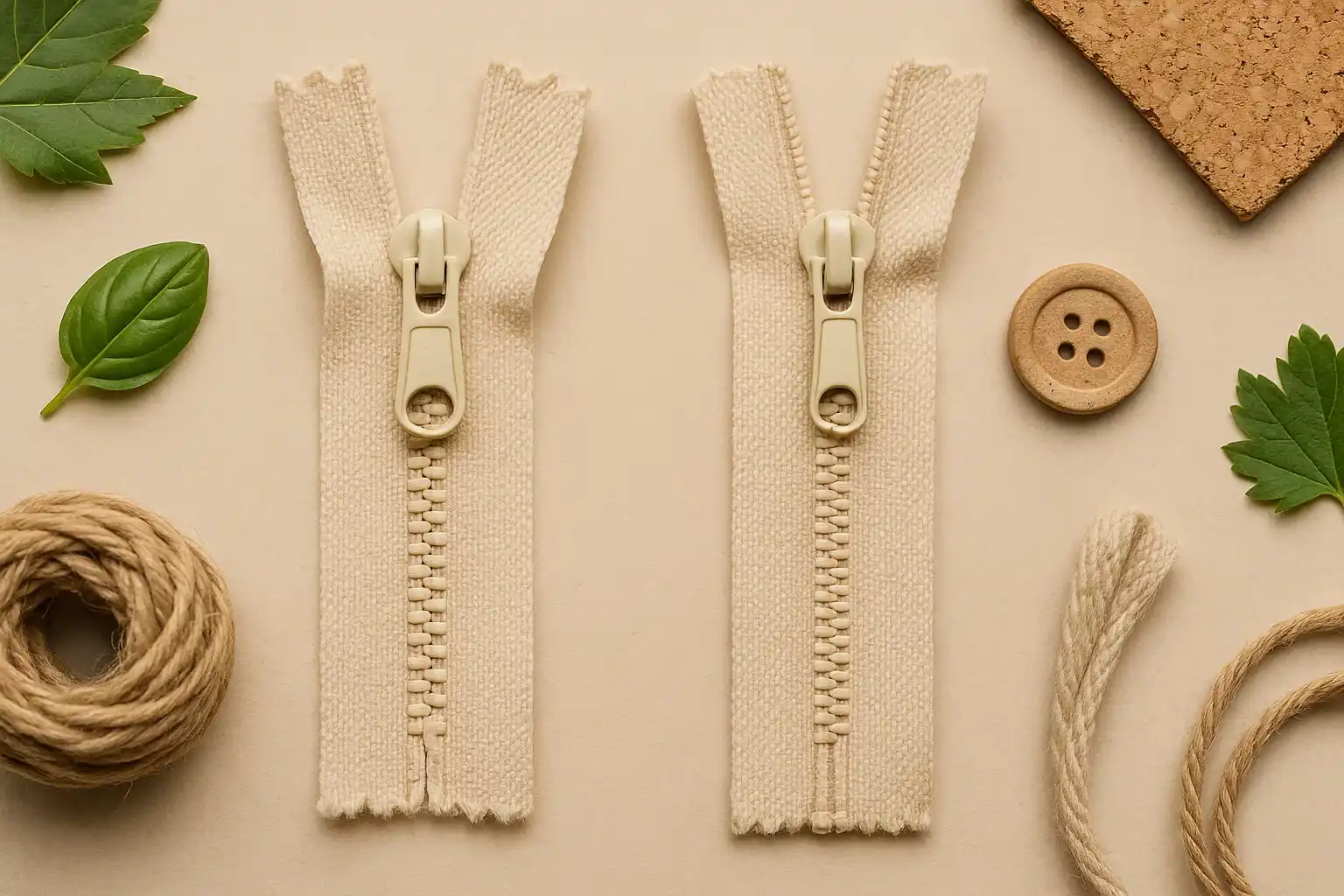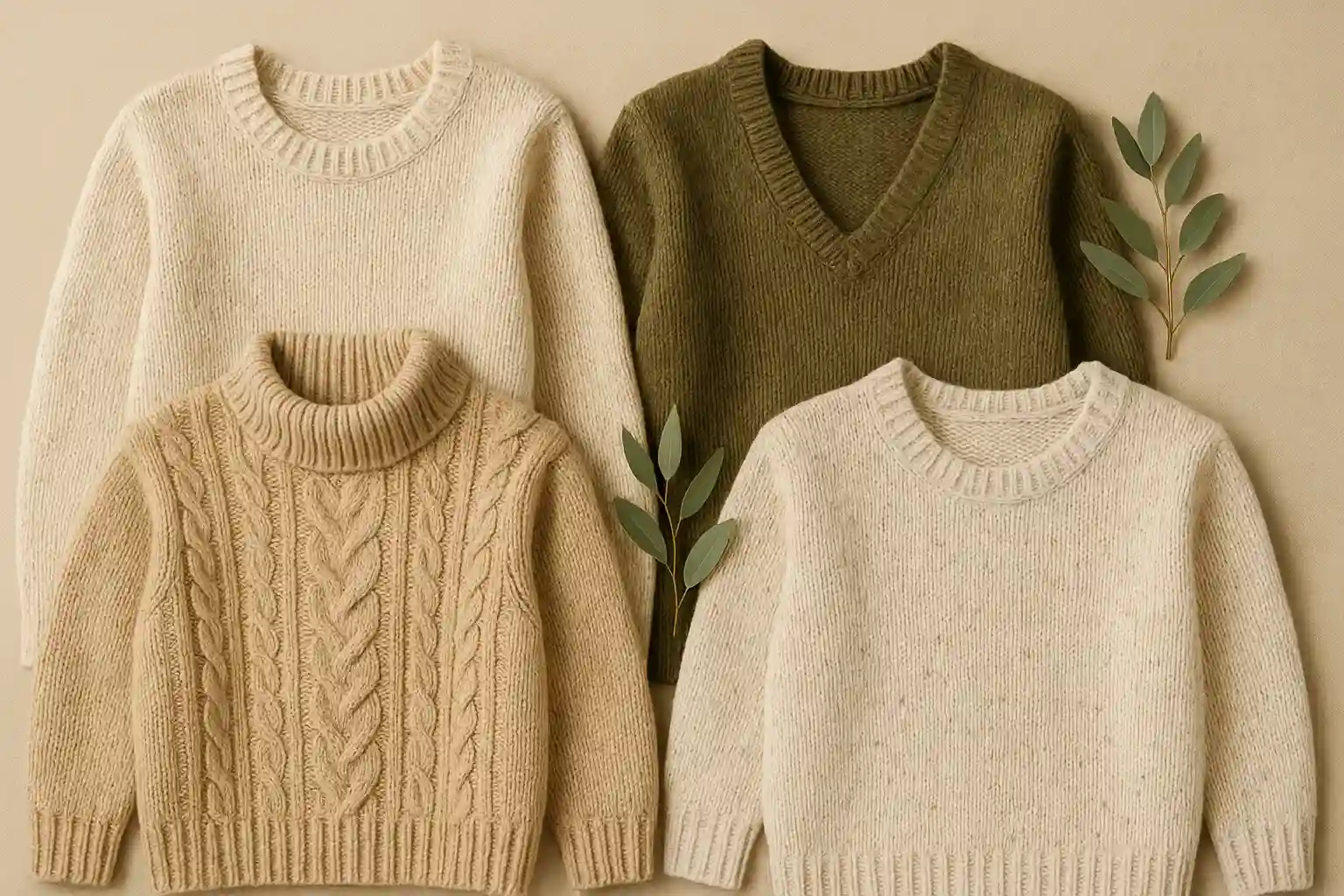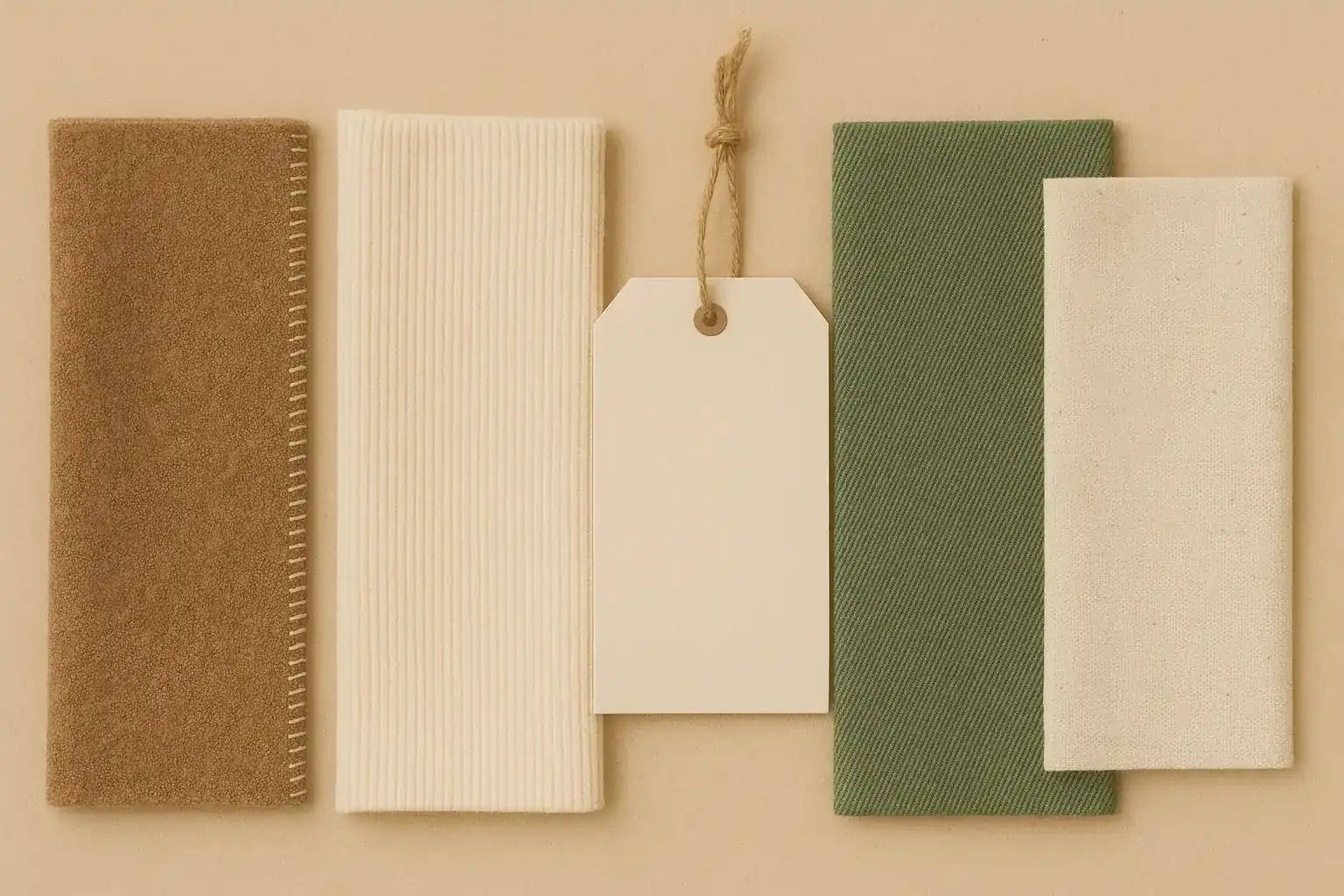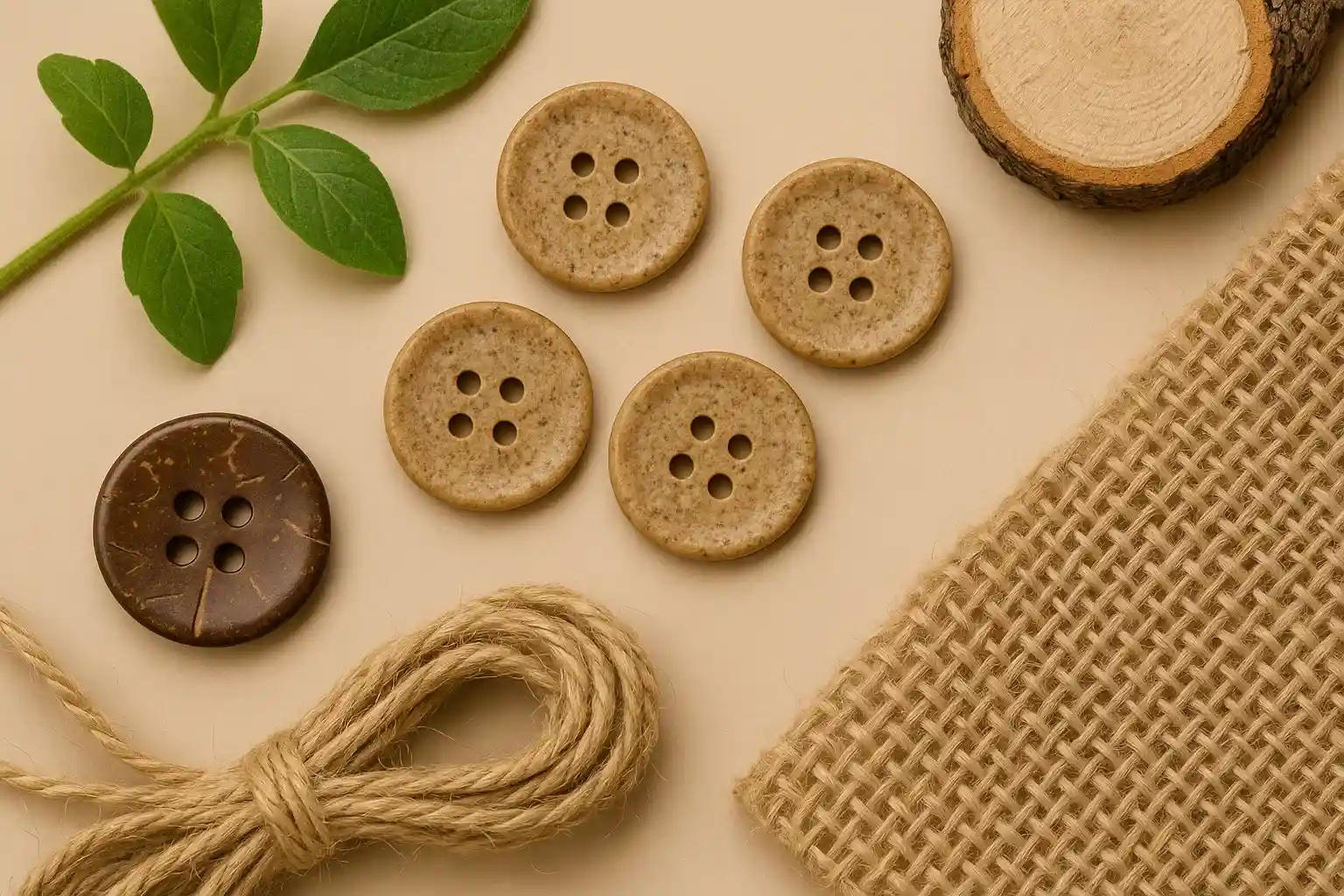Zip Up Sustainably: Choosing Eco-Friendly Alternatives to Plastic Zippers

The seemingly small and often overlooked zipper is a crucial component in the functionality of our clothing and accessories. From securing jackets and fastening jeans to closing bags and pouches, zippers play a vital role in our daily lives. For decades, plastic zippers, made from various synthetic polymers, have been a dominant choice due to their affordability and versatility. However, the sheer volume of plastic zippers produced and eventually discarded globally contributes significantly to the ever-growing problem of plastic waste. These non-biodegradable fasteners persist in landfills for centuries, and their production relies on fossil fuels and energy-intensive processes. For the environmentally conscious individual seeking more sustainable and durable options, a range of eco-friendly alternatives exists, offering the same functionality without the harmful environmental impact.
The lifecycle of a plastic zipper is a prime example of linear consumption. Fossil fuels are extracted to create the plastic, energy is used in the manufacturing process, and the zipper, often breaking or becoming unusable before the garment itself wears out, is typically discarded, destined to persist in the environment for centuries. The small size of these components belies their collective impact, as billions are produced and discarded annually. Recognizing this unsustainable pattern, many designers and consumers are seeking more responsible and eco-conscious alternatives that minimize waste and utilize more sustainable materials.
Fortunately, a variety of durable and environmentally friendly materials offer viable replacements for plastic zippers. By choosing recycled metal zippers that repurpose existing materials, opting for innovative eco-zips made with more sustainable polymers, or even considering natural and biodegradable fasteners like coconut buttons for certain applications, we can fasten our clothing and accessories in a way that aligns with our environmental values. These alternatives not only reduce our reliance on virgin plastic but also often offer enhanced durability and a unique aesthetic.
Fastening the Future Consciously: Exploring Eco-Friendly Zipper Alternatives
Moving beyond the environmental concerns of plastic zippers opens up a world of more sustainable and durable fastening solutions:
Recycled Metal Zippers: Giving Waste a Functional Second Life
Recycled metal zippers offer a robust and sustainable alternative by utilizing existing metal resources. By using recycled aluminum, steel, or other metals, manufacturers can create durable and long-lasting zippers with a significantly lower environmental footprint compared to producing new metal or plastic zippers. Metal is also highly recyclable at the end of its lifespan, contributing to a circular economy. Choosing garments and accessories with recycled metal zippers reduces the demand for virgin material extraction and minimizes waste.
Eco-Zips: Innovative Polymers for a Greener Fastening
The development of eco-zips represents a direct effort to create more sustainable alternatives to conventional plastic zippers. These innovative zippers are often made from polymers derived from renewable resources or through processes that significantly reduce environmental impact compared to traditional plastic production. Examples include zippers made from recycled polyester or bio-based plastics. YKK Natulon is a notable brand in this area, offering zippers made from recycled PET bottles, demonstrating that functionality and sustainability can be effectively combined in this essential garment component. These eco-zips aim to reduce the reliance on fossil fuels and minimize the long-term environmental persistence of zipper waste. Zipper Shipper also offers a range of eco-friendly zipper options.
Coconut Buttons: A Natural and Biodegradable Fastening
While not a direct replacement for zippers in all applications, coconut buttons offer a completely natural, biodegradable, and aesthetically pleasing alternative for closures in certain garments and accessories. Made from the hard shells of coconuts, a readily available byproduct, these buttons add a unique and sustainable touch. Coconut shell is a durable material and, unlike plastic, will naturally decompose at the end of its lifespan, contributing to a more circular lifecycle for our clothing.
Completing Your Sustainable Wardrobe: Mindful Fastening Choices
By consciously choosing alternatives like recycled metal zippers, eco-zips, or natural buttons, we can make a significant impact on reducing plastic waste in the fashion industry. Opting for more durable and sustainably sourced fasteners ensures the longevity of our garments and aligns our clothing choices with a more environmentally responsible approach to style.
Related Blogs

10 Transformative Wardrobe Swaps for a Lighter Environmental Fashion Footprint
Learn how to reduce your fashion footprint with impactful wardrobe swaps.

Wrap Yourself in Responsibility: Choosing Sustainable Alternatives to Acrylic Sweaters
Upgrade to durable and breathable wool (certified farms), alpaca, or Tencel-blend knits.

Decoding Fabric Labels: What's Really Sustainable?
Insights on decoding fabric labels in a sustainable way.

Outsmarting the Dry Cleaner: Choosing Machine Washable Naturals for a Toxin-Free Wardrobe
Avoid toxic PERC solvents by opting for machine washable organic cotton and linen clothing.

Step Lightly: Choosing Sustainable Alternatives to Nylon Stockings
Opt for recycled nylon, biodegradable, or ladder-resistant hosiery for longer wear and less waste.

Fastening the Future: Choosing Sustainable Alternatives to Plastic Buttons
Opt for biodegradable coconut shell, corozo, or wood buttons for eco-conscious clothing.
Stay in the Loop
Get tips and insights tailored to your interests — no spam, just sustainability.